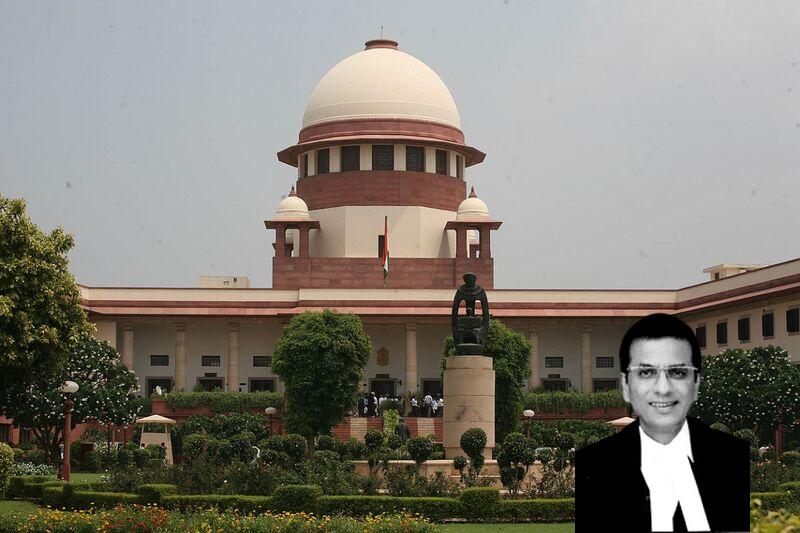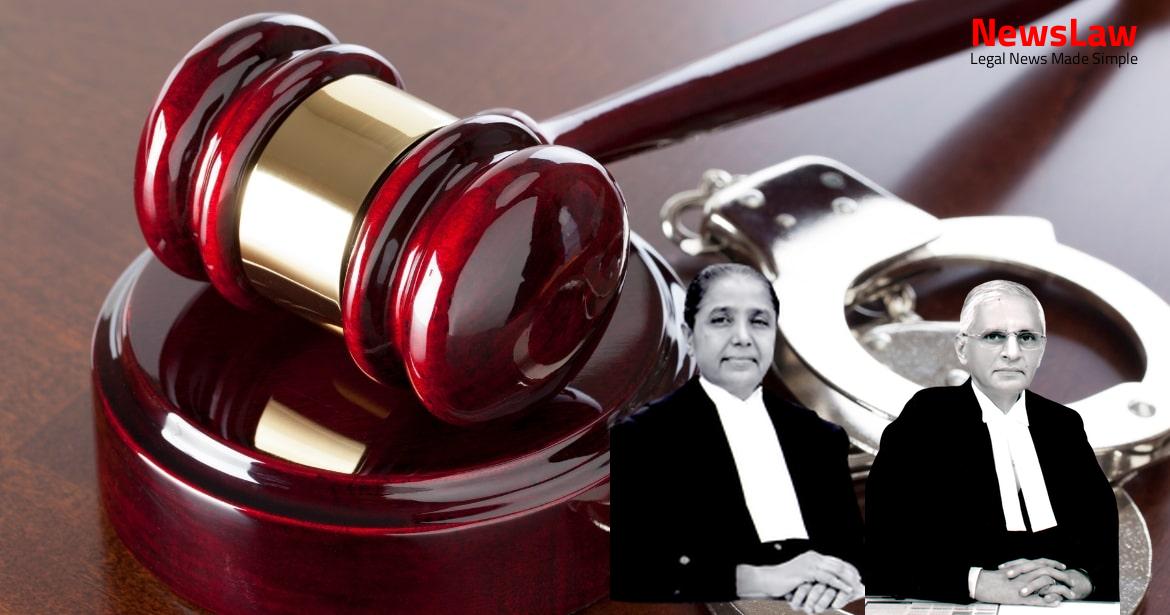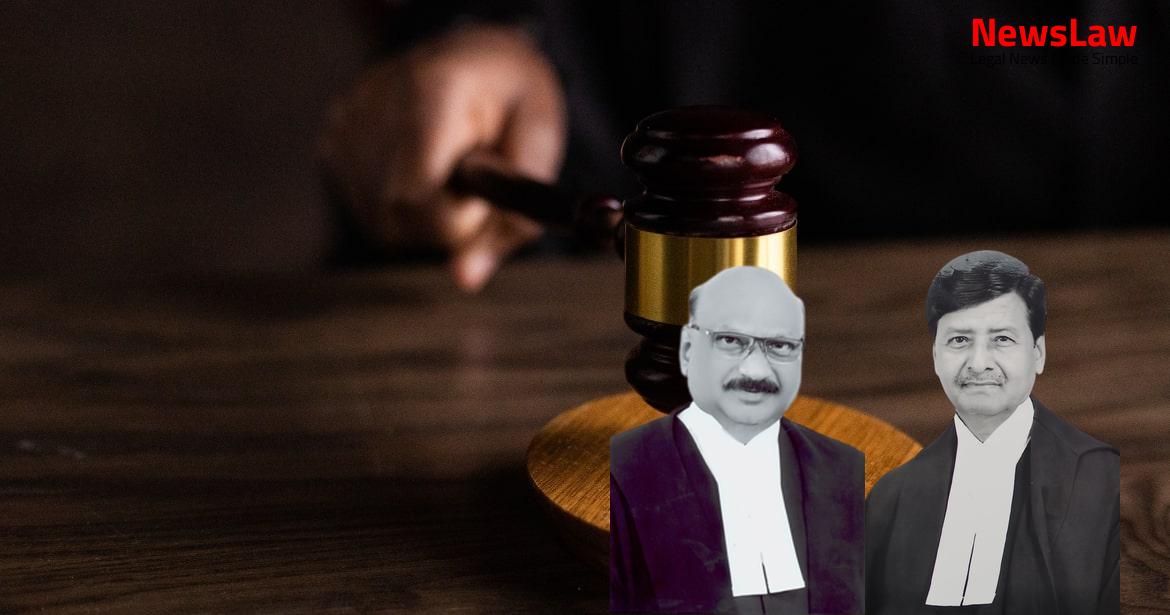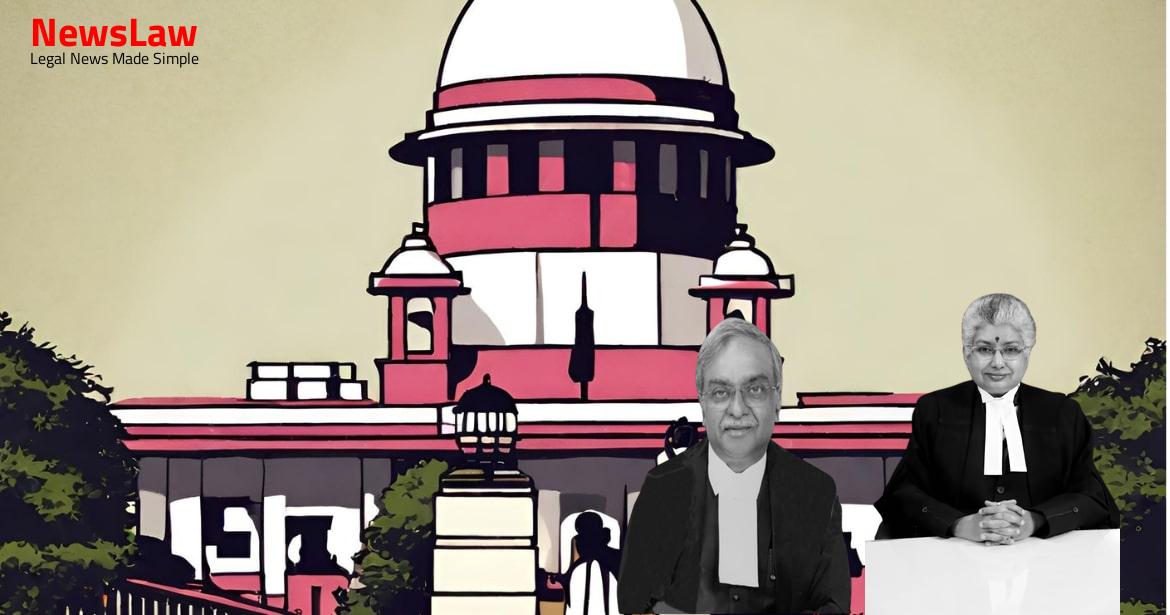By the order under challenge, the High Court allowed an application filed by the Union of India (“first respondent”, hereafter) under section 5 of the Limitation Act, 1963 (“Limitation Act”, hereafter) and thereby condoned the delay of around 479 days in presentation of an appeal from the decision of the Reference Court under section 18 of the Land Acquisition Act, 1894. After considering the pleadings as well as the other materials on record, the High Court was satisfied that the first respondent, as the appellant, had shown sufficient cause for which it could not present the appeal within time; hence, vide the impugned order, it proceeded to allow C.M. The Deputy Legal Advisor (Land and Building) thereafter sent the certified copy and the approval of the Principal Secretary to the Deputy Commissioner (East) on 26 August 2009, which was received on 28 August 2009, whereupon the case file reached the Land Acquisition Collector on 31 August 2009.
Pursuant thereto, certified copy was received on 3 November 2009; thereafter the Accounts Department, on 12 January 2010, sent the case file to the Finance Department for the requisite funds. He urged that the High Court caused 5 a failure of justice in not appreciating that inter-departmental correspondence, bereft of an attempt to explain the delay, did not amount to showing sufficient cause warranting condonation of the same. Sharma submitted that the application for condonation of delay before the High Court simply provided a narration of the ‘chain of matters’ post the order of the Reference Court. Sen that such conduct should not have any bearing in the mind of the Court to nip a meritorious claim of the first respondent in the bud, particularly when stakes are high and the public exchequer is likely to be unnecessarily drained if the impugned order were interdicted. Sen prayed that the High Court ought to be given the opportunity to decide LA. No 655/2010 on its own merits where the appellant would have the opportunity to persuade the High Court to dismiss the appeal, if at all.
This Court opined that legislature had conferred power under section 5 in order to enable the courts to do substantial justice to the parties by disposing of matters on “merits”. When substantial justice and technical considerations are pitted against each other, cause of substantial justice deserves to be preferred for the other side cannot claim to have vested right in injustice being done because of a non-deliberate delay. In Balwant Singh (supra), this Court refused to condone the delay of 778 days in bringing on record the legal heirs of the petitioner therein through an application filed under Order XXII Rule 9 of the Code of Civil Procedure, 1908. This Court observed that whilst the high court admonished the concerned government pleaders for their negligence 10 in prosecuting the appeal before it and not providing a sufficient cause for delay, it nonetheless proceeded to condone the delay despite holding the same to be unjustifiable. Importantly, it noted that the appellant department had offered no proper and cogent explanation before this Court for condonation of a huge delay of 427 days apart from simply mentioning various dates.
, whilst referring to various precedents rejected the pleas of lack of knowledge and miscarriage of justice raised by the respondent/managing committee in challenging an 11 interim order of a Single Judge of the high court. In Delhi University (supra), another Bench of three Hon’ble Judges of this Court declined to condone the delay of 916 days by the appellant in challenging an order of a Single Judge of the high court. However, this Court reiterated that the expression ‘sufficient cause’ in section 5 must receive a liberal construction so as to advance substantial justice and generally delays in preferring appeals are required to be condoned in the interest of justice where no gross negligence or deliberate inaction or lack of bona fides is imputable to the party seeking condonation of the delay. Therefore, in assessing what, in a particular case, constitutes ‘sufficient cause’ for purposes of Section 5, it might, perhaps, be somewhat unrealistic to exclude from the considerations that go into the judicial verdict, these factors which are peculiar to and characteristic of the functioning of the government. *** When the State is an applicant, praying for condonation of delay, it is common knowledge that on account of impersonal machinery and the inherited bureaucratic methodology imbued with the note-making, file-pushing, and passing-on-the-buck ethos, delay on the part of the State is less difficult to understand though more difficult to approve, but the State represents collective cause of the community. The expression ‘sufficient cause’ should, therefore, be considered with pragmatism in justice-oriented approach rather than the technical detection of sufficient cause for explaining every day’s delay. The relevant observations therein read as follows: “It is now settled law that when the delay was occasioned at the behest of the Government, it would be very difficult to explain the day-to-day delay. Under those circumstances, the Subordinate Judge has rightly adopted correct approach and had condoned the delay without insisting upon explaining every day’s delay in filing the review application in the light of the law laid down by this Court. However, these decisions notwithstanding, we reiterate that condonation of delay being a discretionary power available to courts, exercise of discretion must necessarily depend upon the sufficiency of the cause shown and the degree of acceptability of the explanation, the length of delay being immaterial. Be that as it may, it is important to bear in mind that we are not hearing an application for condonation of delay but sitting in appeal over a discretionary order of the High Court granting the prayer for condonation of delay. Tammanasa, which in turn relied on the 17 decision in Gujarat Steel Tubes Ltd. Gujarat Steel Tubes Mazdoor Sabha where it has been held that “an appellate power interferes not when the order appealed is not right but only when it is clearly wrong”. Bherulal is one such decision apart from University of Delhi (supra) ] which have not accepted governmental lethargy, tardiness and indolence in presenting appeals within time as sufficient cause for condonation of delay, yet, the exercise of discretion by the High Court has to be tested on the anvil of the liberal and oriented justice approach expounded in the aforesaid decisions which have been referred to above. Further, a distinction should be drawn between inordinate unexplained delay and explained delay, where in the present case, the first respondent had sufficiently explained the delay on account of negligence on part of the government functionaries and the government counsel on record before the Reference Court.
This Court, while deciding University of Delhi (supra), was seized of a situation where even if the delay were to be condoned, it would cause grave prejudice to the respondent Delhi Metro Rail Corporation at the instance of the casual approach of the appellant University. But while concluding as above, it was necessary for the Court to also be conscious of the bureaucratic delay and the slow pace in reaching a government decision and the routine way of deciding whether the State should prefer an appeal against a judgment adverse to it. Even while observing that the law of limitation would harshly affect the party, the Court felt that the delay in the appeal filed by the State, should not be condoned. For the foregoing reasons and the special circumstances obtaining here that the impugned order reasonably condones the delay caused in presenting the appeal by the first respondent before the High Court, the present appeal is, accordingly, dismissed.



